Taking care of your hot water heater will ensure plenty of hot water for years to come, the reverse is also true of course, not taking care of the unit will mean sporadic hot water often at the most inconvenient times. There are some steps you the homeowner can do, and others best left to the professionals at Jersey Plumbing Service.
Signs that your hot water heater is not working the way it should:
Keeping your hot water heater well maintained will go a long way towards extending the life of your equipment. Calling the experts at Jersey Plumbing with plumbing issues can save you time, and frustration.
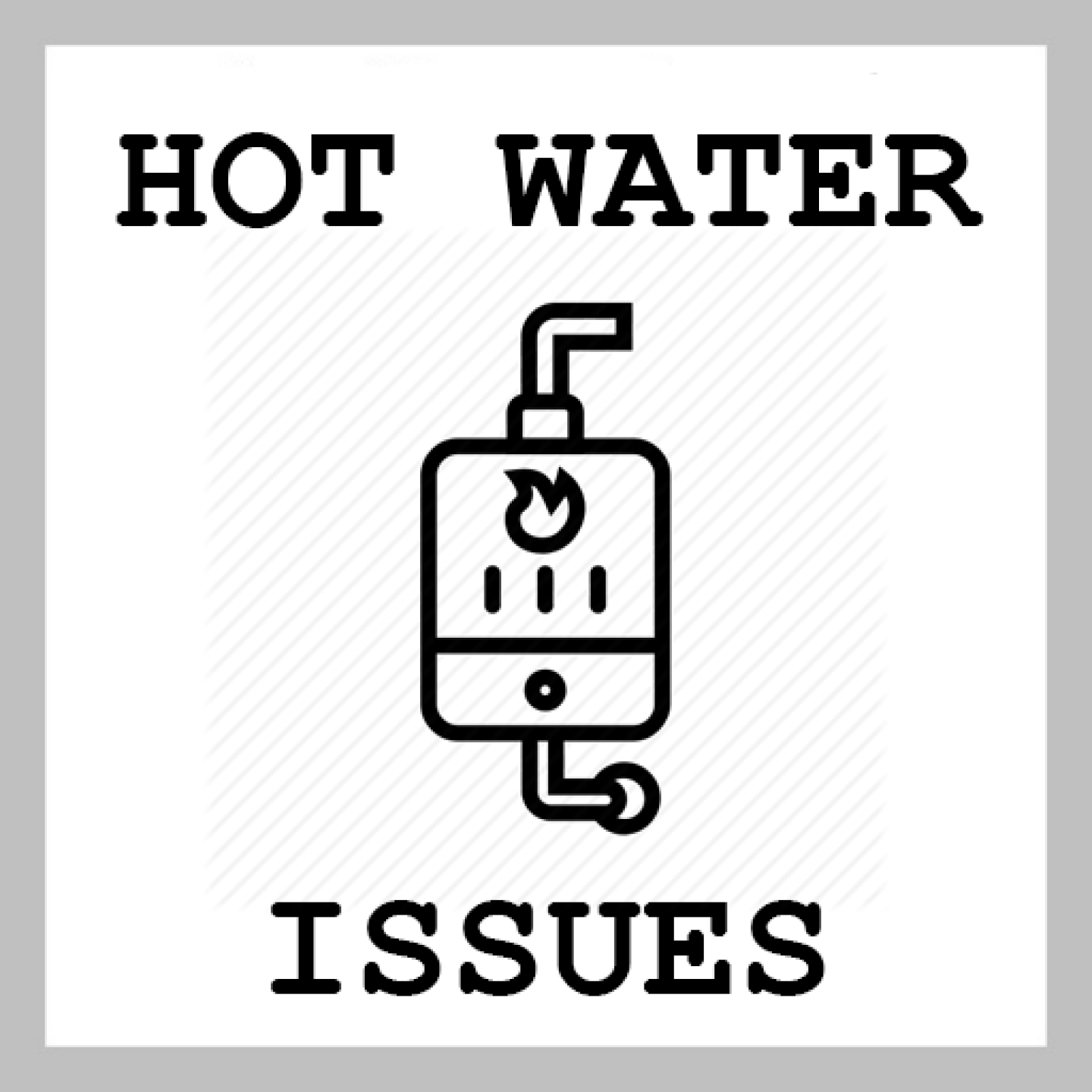
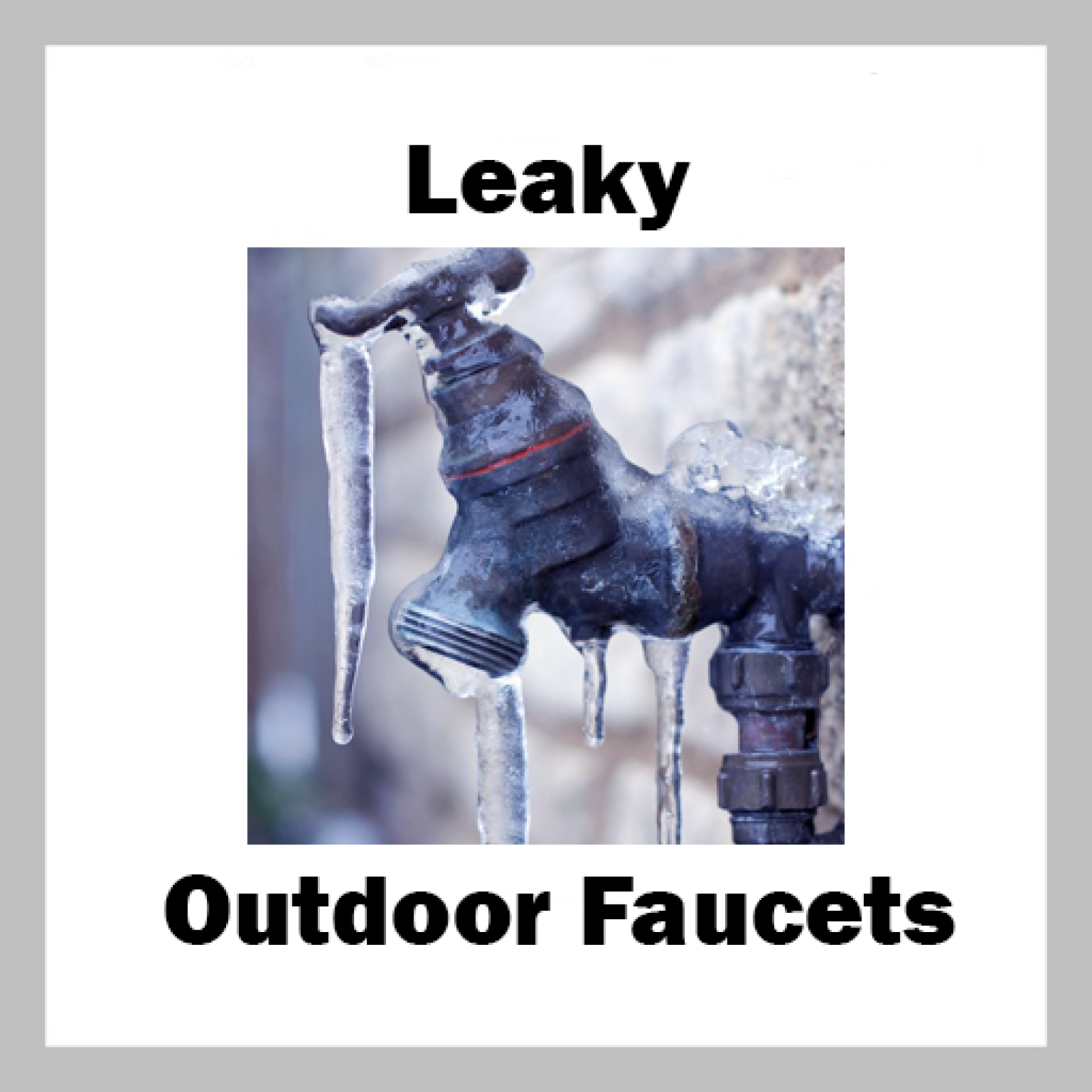
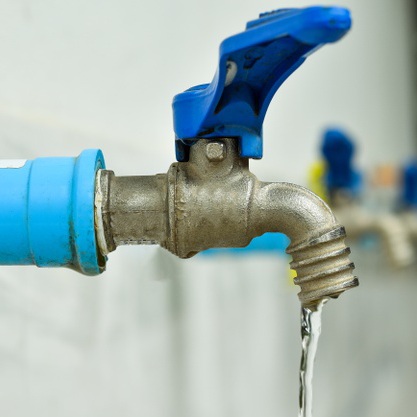
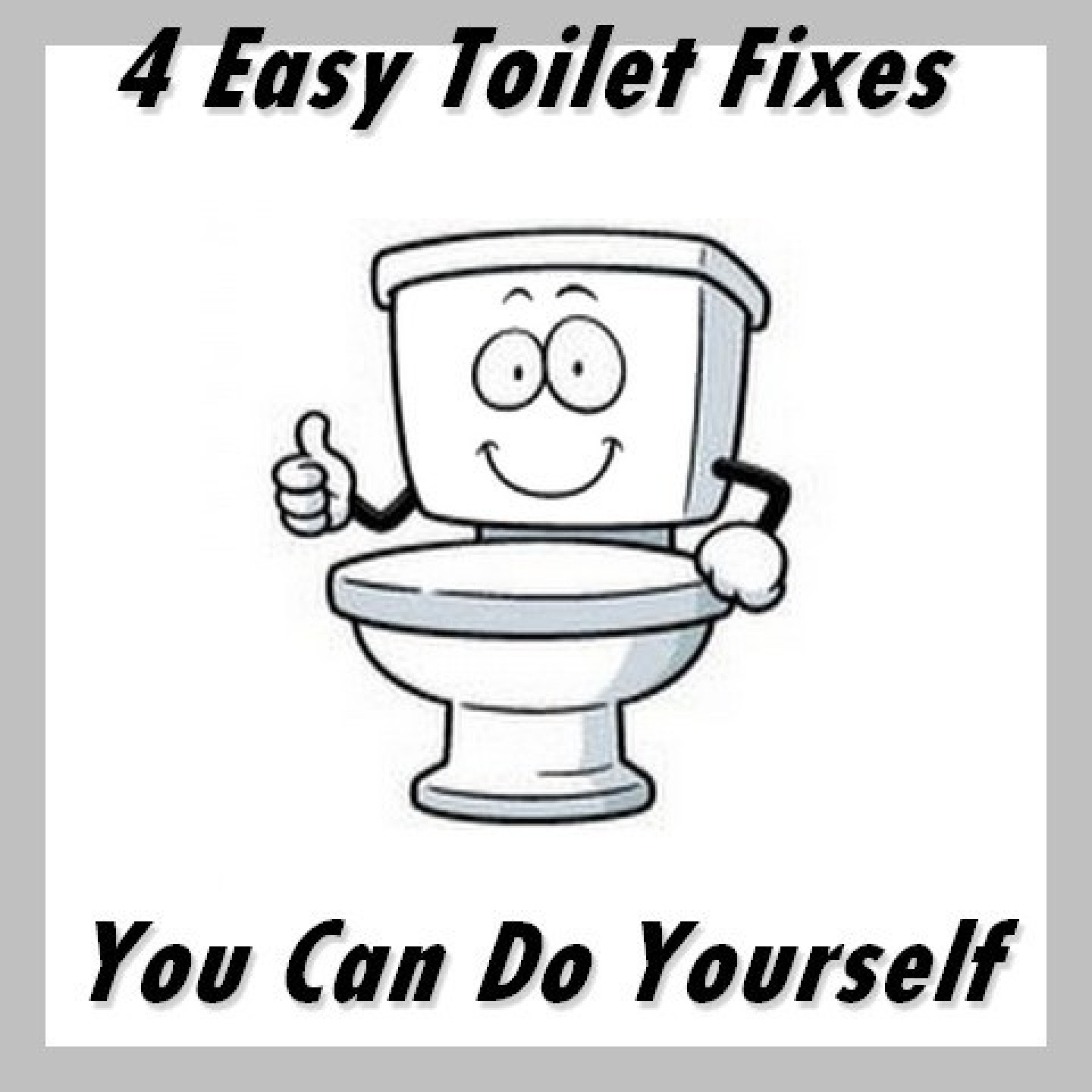
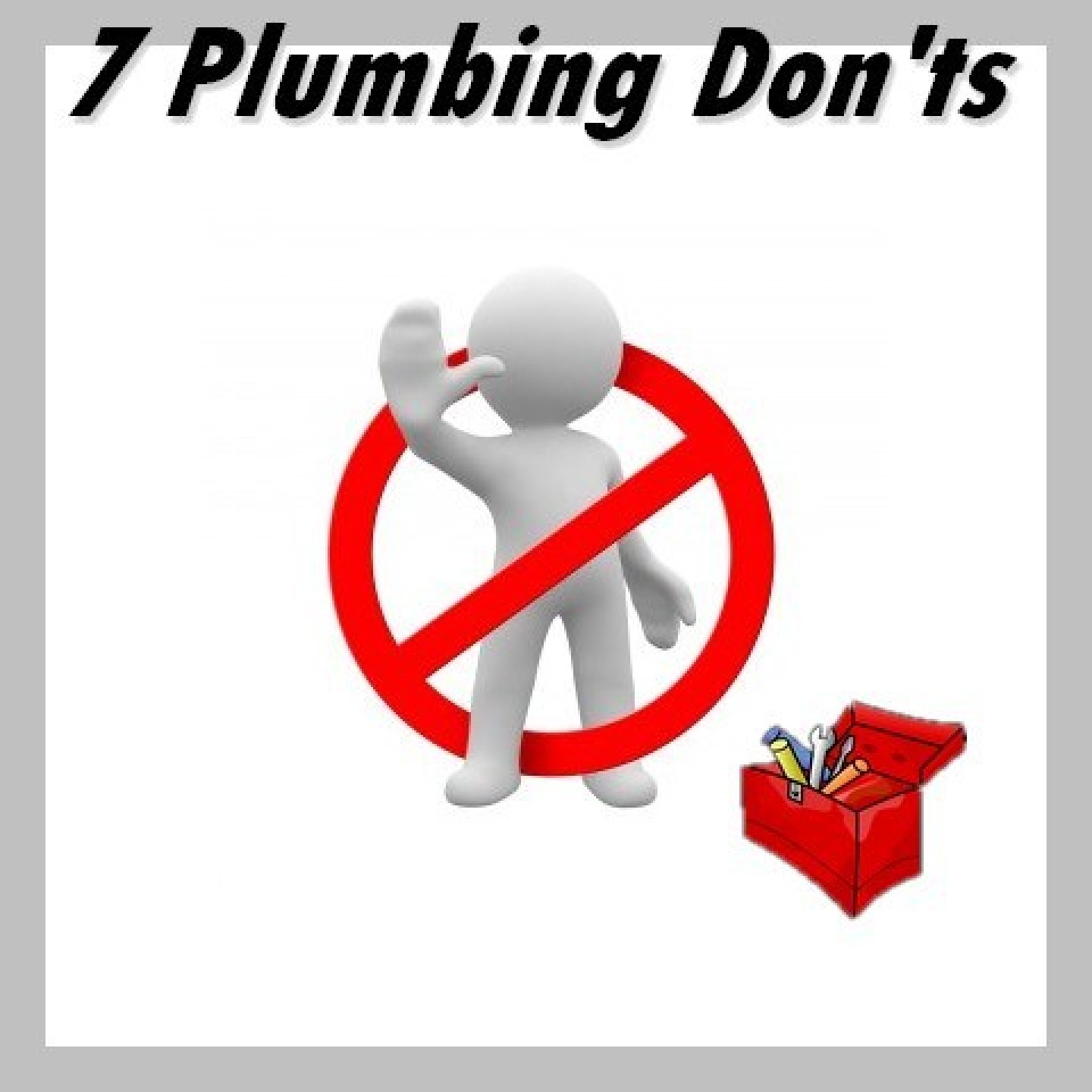
Recent Comments